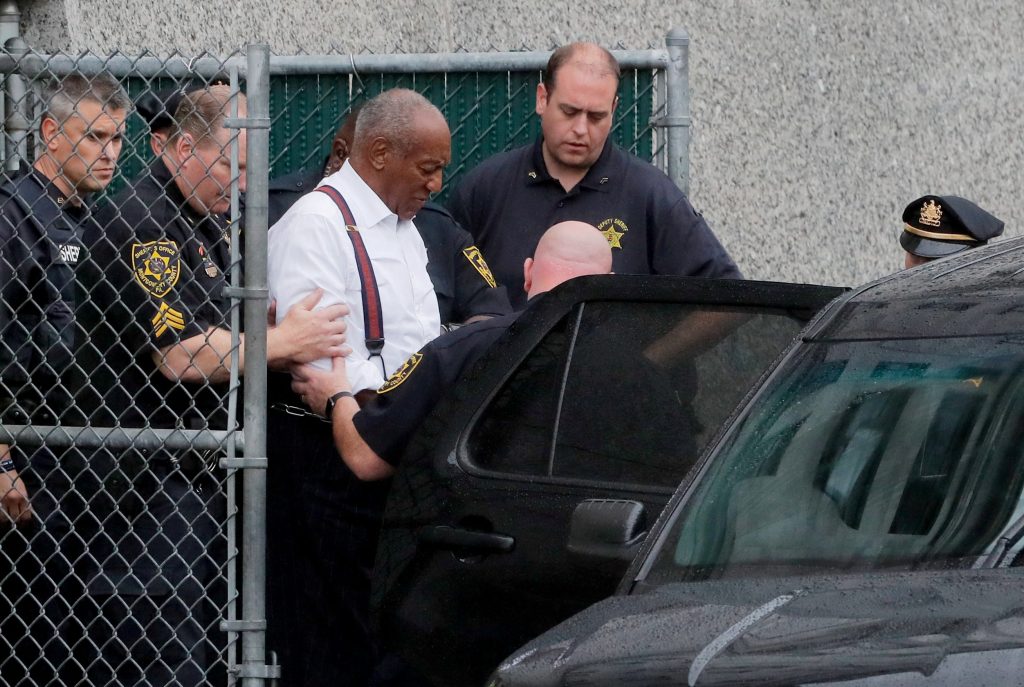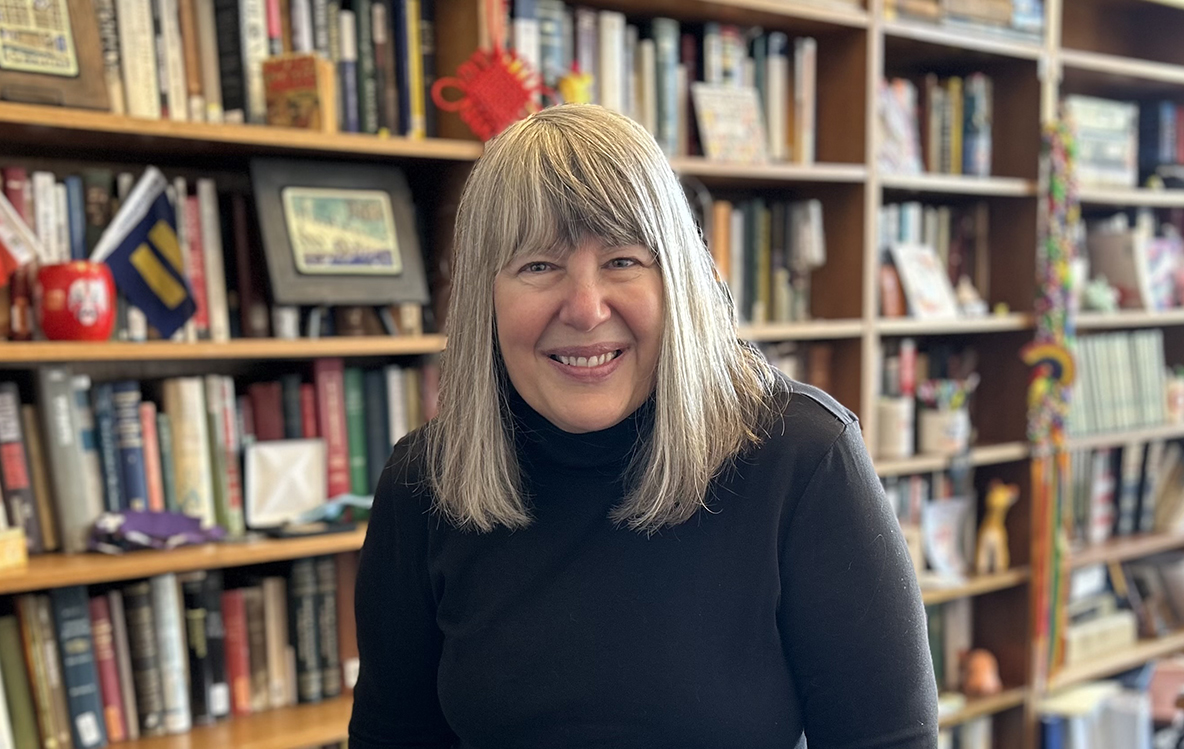
Reprinted with Permission from Ballard Spahr
The April 2018 criminal trial of iconic entertainer and “America’s Dad” Bill Cosby has ended with a guilty verdict. Rarely has the importance and power of public access to the courts—and the unique role of the media in securing access—been on such full display as during the more than 10 years of civil and criminal proceedings surrounding Mr. Cosby.
In 2005, former Temple University employee Andrea Constand brought a civil lawsuit in federal court against Mr. Cosby, alleging that he had drugged and sexually assaulted her. In his deposition taken in the case, Mr. Cosby made incriminating admissions, including that he gave women drugs prior to sexual encounters. As the parties became embroiled in discovery disputes, excerpts of Mr. Cosby’s testimony were filed with the district court, and he moved to seal those filings. The Associated Press sought to intervene in the case to oppose the motion and invoke the public’s right to open courts. The court allowed the AP to intervene and ordered a temporary sealing of the discovery motions pending the conclusion of depositions and subject to later further review. The parties settled the case in 2006—before the court’s review of the sealing occurred.
In late 2014, as more women came forward with accusations of sexual misconduct against Mr. Cosby, the AP renewed its effort to obtain the long-sealed documents. It again sought to intervene and, this time, invoked the district court’s local rule that requires review of any sealed documents two years after the conclusion of a case—a review that had never taken place in the Cosby litigation. Mr. Cosby objected to unsealing, citing his privacy concerns and potential embarrassment.
In July 2015, the court ordered that the filings from the original 2005 litigation be unsealed under the “good cause” standard governing protective orders under Federal Rule of Civil Procedure 26(c). Constand v. Cosby, 112 F. Supp. 3d 308 (E.D. Pa. 2015). As soon as the court entered its order directing the clerk to unseal the documents “forthwith,” the documents were made available to the public through the court’s electronic docket. As a result, a decades-long effort by a news organization to obtain filings by and about a prominent public personality accused of criminal misconduct concluded with a victory for public access.
Mr. Cosby quickly requested a stay of the order, but, by that time, the contents of the unsealed documents were being reported around the globe by the AP and others. Mr. Cosby subsequently appealed the unsealing decision to the U.S. Court of Appeals for the Third Circuit. The Third Circuit rejected his challenge. It held that the appeal was moot, writing that “the feathers of the pillow are scattered to the winds” and “with a few clicks” anyone with computer access could learn what Mr. Cosby had admitted to—which would remain true even if the records were re-sealed. Constand v. Cosby, 833 F.3d 405, 410 (3d Cir. 2016).
Meanwhile, the district court’s decision to unseal the deposition testimony had a major impact on events that unfolded outside of that original civil proceeding. Within days of the unsealing order, the local district attorney reopened the criminal investigation into Ms. Constand’s allegations against Mr. Cosby. Later, when he was charged and then tried, his unsealed deposition testimony was used as evidence in the criminal case.
While lawyers and pundits will discuss many aspects of the Cosby prosecution and the larger issues raised by the #MeToo movement, there can be no doubt that this case demonstrates the significance of the public’s right to access court records and proceedings.
The attorneys in Ballard Spahr’s Media and Entertainment Law Group are dedicated to supporting the free press and the First Amendment rights of groups and individuals. The Group helps clients navigate challenging media law issues across all platforms and industries.
Tags
